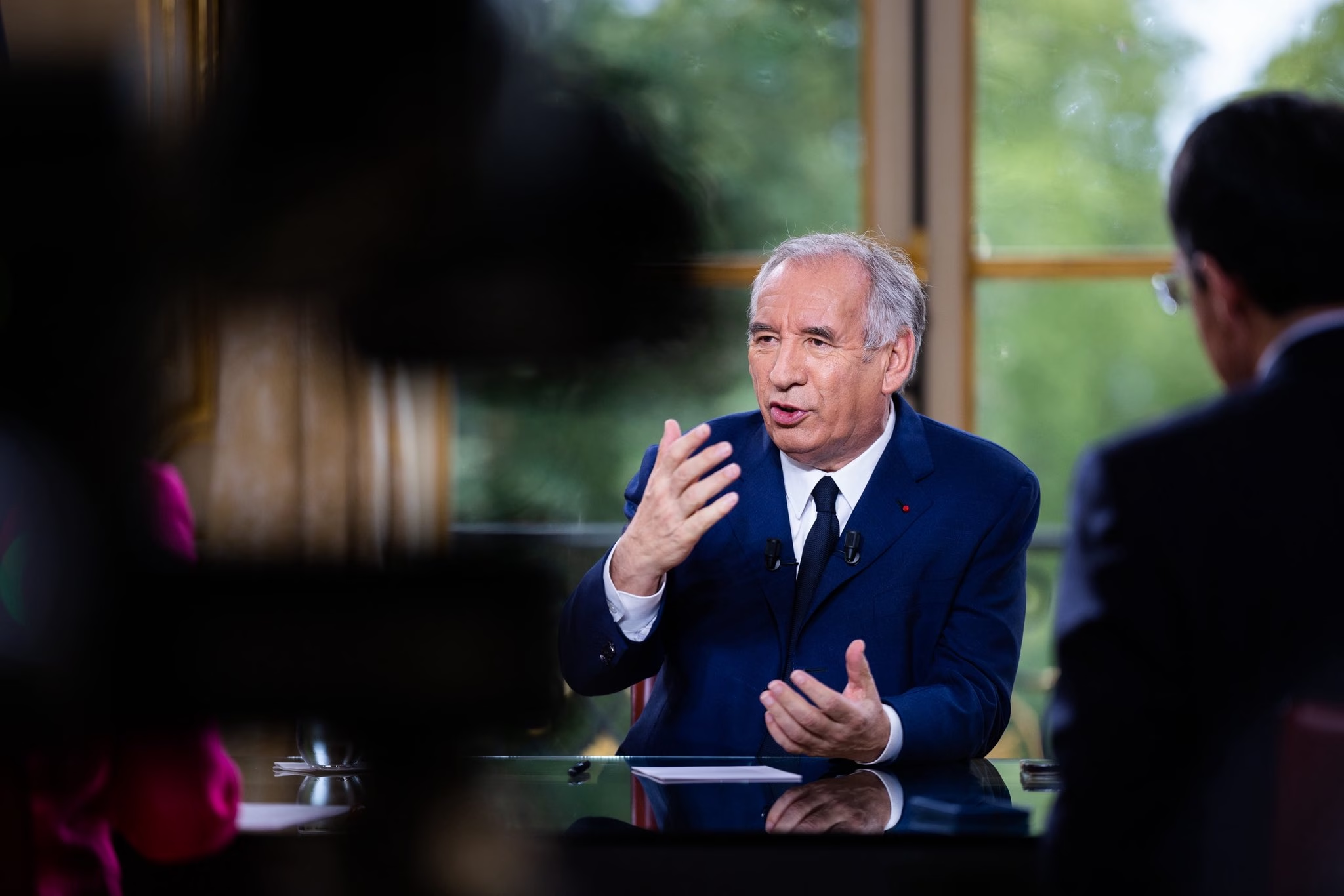The French political landscape has been thrown into disarray after Prime Minister Francois Bayrou was removed from office following a decisive no-confidence vote in the National Assembly on Monday. The motion, which required a minimum of 288 votes to pass, secured 364 votes. It saw the unlikely alliance of the left-wing New Popular Front and the far-right National Rally, uniting in opposition to Bayrou’s austerity budget.
This dramatic turn marks Bayrou as the second consecutive prime minister to fall under President Emmanuel Macron’s leadership, after Michel Barnier’s brief tenure ended in December. Bayrou’s dismissal further cements the turbulence of Macron’s presidency, which has now seen six different prime ministers since 2017.
Bayrou’s Final Gamble
Bayrou, who had already survived eight previous no-confidence motions, took the unusual step of calling Monday’s vote himself. His aim was to secure support for his stringent budget proposals, which included nearly €44 billion (52 billion United States dollars) in planned savings to address France’s mounting debt. He had consistently warned that the national debt represented a grave threat to the nation.
“Mortal danger,”
he said repeatedly when describing the scale of the financial challenge facing France.
Yet, in the hours leading up to the vote, Bayrou seemed to recognise the inevitability of his downfall. In a bitter public remark delivered on Sunday, he denounced the collaboration of rival parties, suggesting that deep political divisions were briefly set aside only to undermine his government.
“They hate each other,”
Bayrou said, accusing his opponents, before adding that they had still joined forces
“to bring down the government.”
What Happens Next for Macron
The collapse of Bayrou’s government leaves President Macron at a critical crossroads. Reports suggest the president may have little choice but to either appoint a Socialist prime minister to guide the budget through parliament—effectively conceding significant influence over domestic policy—or call for early elections.
However, either option carries severe risks. Snap elections, according to recent polls, are likely to favour Marine Le Pen’s National Rally, potentially shifting France’s politics sharply to the right. On the other hand, conceding control of fiscal matters to the Socialists would expose Macron to criticism from within his own centrist base and further erode his authority.
Analysts warn that the implications are not only political but also economic. Should financial markets lose confidence in France’s commitment to reducing its deficit and controlling national debt, the country could find itself facing a crisis similar to the turmoil endured by the United Kingdom during Liz Truss’s brief premiership.
Mounting Public Anger
The crisis comes amid a sharp decline in Macron’s public standing. According to a survey published by Le Figaro, nearly 80 per cent of French citizens no longer trust the president. This erosion of faith has spilled into the streets, where demonstrations have grown louder and more forceful.
Over the weekend, thousands marched through Paris demanding Macron’s resignation. Protesters carried banners that read ‘Let’s stop Macron’ and ‘Frexit’, underlining both anger at government policy and frustration with France’s place in the European Union.
France’s Fragile Political Future
The dismissal of Bayrou is more than the fall of a prime minister. It highlights the increasingly unstable political environment in France and the mounting pressure on Macron’s presidency. Each decision the president makes from here will shape not only his own legacy but also the direction of French politics in the years to come.
With the country’s finances under strain, public trust diminishing, and political divisions widening, the road ahead for France appears uncertain and fraught with risk.

















